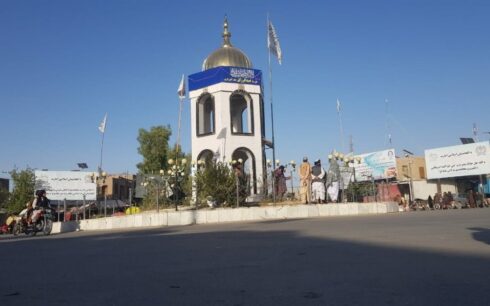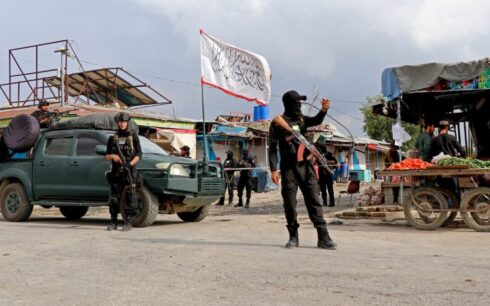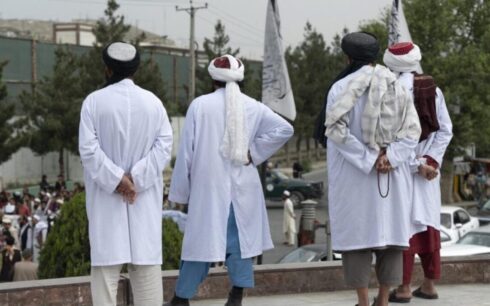Idris, 22, held a conviction that he was facing death when the small boat, carrying him and several others, capsized in the treacherous waters of the Channel. The perilous journey from France to England left him clinging to the hope of helping his family back home, lending him the strength to keep afloat, as he recounted to Reuters.
The vessel’s sinking on Saturday, August 12, claimed the lives of six individuals. French and British rescue teams saved over 60 people, predominantly Afghans, among them Idris and 15-year-old Fawad. In Calais, four days after the incident, the two shared their harrowing experience with Reuters.
Idris recollected that the motor faltered first, followed by the intrusion of water. “The passengers overcrowded the boat. Strong waves and the boat’s fragility caused it to break apart,” Idris explained.
The survivors forged a support network, taking turns to clutch onto the remnants of the vessel or sit atop them, Idris recounted. Those not grasping the debris swam alongside, remaining afloat until their turn came to rest, as per Reuters’ report.
“In the face of death, we sought forgiveness for our transgressions. Our parents were in our thoughts. In moments of peril, the mind invariably returns to one’s parents, as our endeavors are dedicated to them,” Idris asserted.
“I persevered in the water, driven by my devotion to my parents and siblings. Our departure from home and the ensuing tribulations are all for their sake,” he said.
The Channel strait, positioned between France and Britain, ranks among the world’s busiest maritime routes, with formidable currents rendering small boat crossings hazardous.
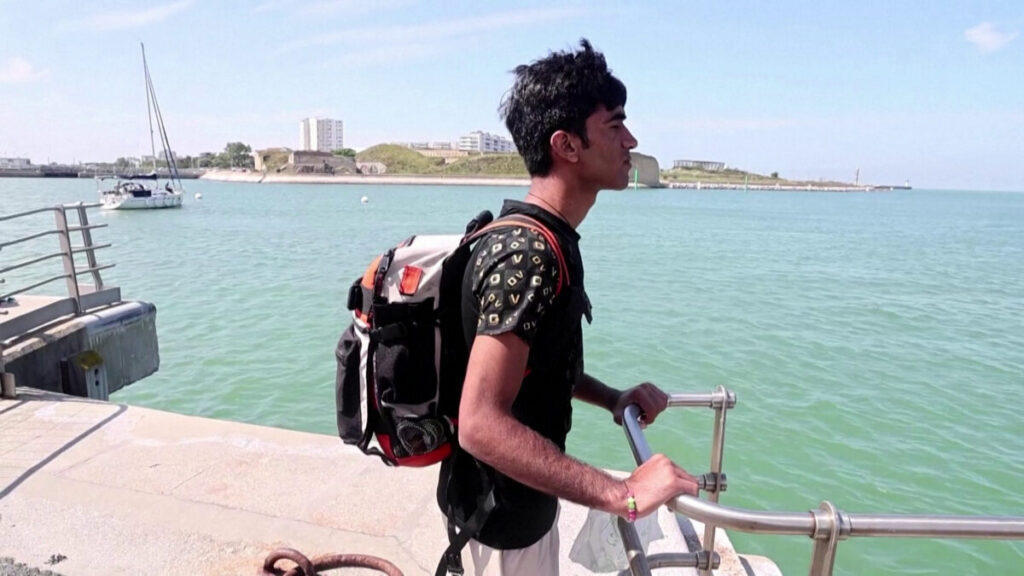
Tales of overcrowded dinghies, often maneuvered by human traffickers, underscore the inherent danger. These fragile vessels struggle to remain afloat, vulnerable to waves as they strive to reach British shores.
“When the boat broke apart, darkness engulfed us, obscuring our surroundings,” Fawad recounted. “We were overwhelmed by fear.”
According to Reuters’ report, French judicial sources revealed that two Iraqis, believed to be human smugglers, and two Sudanese suspects, allegedly aiding them in exchange for a reduced crossing fee, are under formal investigation in connection to the six fatalities.
Idris expressed gratitude for surviving what seemed like an encounter with death. “We’re profoundly thankful to God for our survival. We’re elated and in high spirits. We’re committed to never engaging in endeavors that might lead us to such dire straits again.” Idris, who departed Afghanistan a year ago, has resided in France for eight months, aspiring to eventually reach Britain, mirroring the aspirations of many migrants congregating along France’s northern coasts.
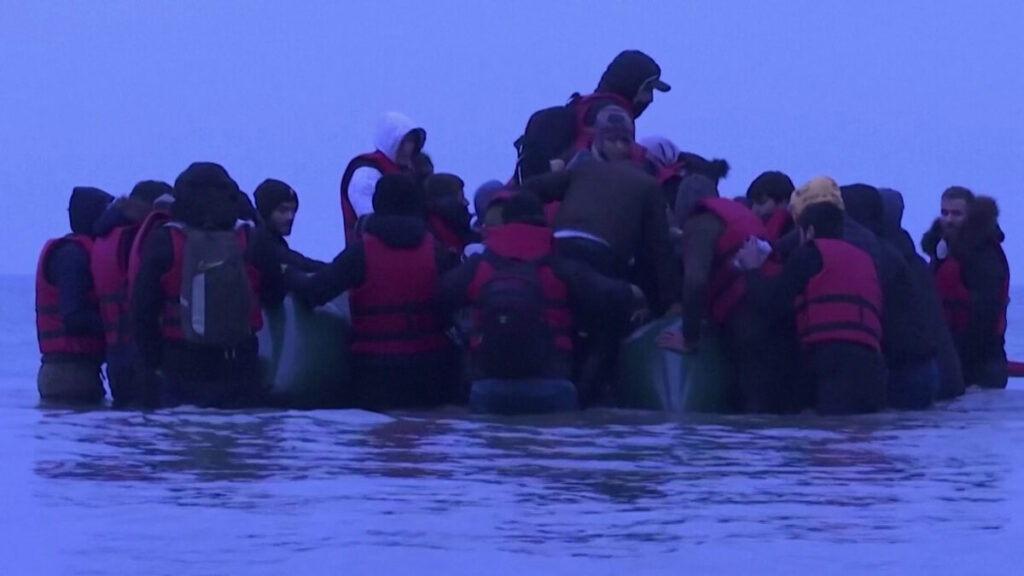
Fawad, wrapped in a white hoodie, grapples with uncertainty about his future steps. His face obscured, he recalled his apprehension during the boat’s capsizing. Initially swimming, he later lost consciousness.
Pressed about his future plans, Fawad, who has spent two months in France, primarily sleeping on the streets, vacillated. At first, he suggested he might attempt the treacherous Channel crossing again, but then admitted uncertainty, stating, “Honestly, I don’t know if I’ll head to France or London. Only God knows.”
Reuters reported that over 2,000 migrants, including those from Iran, Syria, and Afghanistan, have reached Britain this month, seizing on favorable weather conditions for the journey as they seek asylum in the United Kingdom. The influx highlights the formidable challenge facing British Prime Minister Rishi Sunak, who has pledged to curb such crossings as he prepares for an anticipated election next year.



